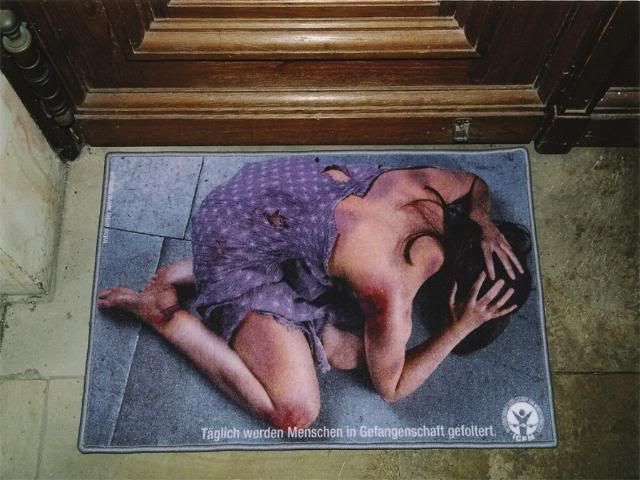Their warning came after the brother and cousin of Samaira Nazir, 25, were sentenced to life imprisonment for her barbaric murder.
Miss Nazir, a recruitment consultant from Southall, west London, was murdered in April last year. She was strangled with a silk scarf, stabbed 18 times and had her throat cut. She had argued with her Pakistani family after rejecting an arranged marriage and falling in love with an Afghan asylum seeker. Her two nieces, aged two and four, were made to watch the murder, and were found spattered with her blood.
Last week, Diana Nammi, the co-founder of the London-based International Campaign Against Honour Killings, revealed that the number of women seeking help from her organisation had quadrupled over the past year.
She said that the women's desire for independence had caused friction within their families. "The number of honour killings has gone up because more women are realising that they have rights," she said.
In the past year, Miss Nammi's organisation, which provides advice and counselling for victims of domestic violence and those in fear of their lives, has assisted 200 women - up from 50 the previous year. Miss Nammi believes that, in the past year, the organisation has saved the lives of at least a dozen women. The women were all Muslim and were mostly from Afghan, Iranian and Kurdish families. "Believe me, many of these women were in danger. Sometimes, families were paying for bounty hunters to look for them."

Ann Cryer, the Labour MP for Keighley and a vociferous opponent of forced marriages, said: "Think about what has happened over the past 30 years: many families have moved here from Pakistan and Kurdish countries and now their children are reaching marriageable age. The number of 'honour killings' is going up because the number of vulnerable women has increased. Often the triggers for these cases are marriages or relationships that the families don't agree with."
Between 1993 and 2001, there were 109 "honour killings" in Britain, after relatives of the victims decided that the women had brought dishonour on their family. In 2004, Scotland Yard detectives began to re-examine 81 cases in London that they suspected could have been "honour killings".
In one case, a young woman in Bradford was believed to have been kidnapped and murdered by her family after a love song was dedicated to her on a radio station.
Ghayasuddin Siddiqui, the leader of the Muslim Parliament of Great Britain, said of the phenomenon: "It occurs more and more as people migrate to Britain from the rural, tribal areas of the Indian subcontinent. They bring the customs with them."
He added: "Mainstream Islamic thought totally condemns the concept of honour killings. They mostly occur when women are being forced to marry, but Islam believes marriage should be based on willing consent and force should play no role whatsoever."
The International Campaign Against Honour Killings was founded in 2003, after the murder of Heshu Yones.
The 16-year-old from Acton, west London, bled to death after her father cut her throat. He had been "disgusted and distressed" by her relationship with a Lebanese Christian student. He was later sentenced to life imprisonment.
No comments:
Post a Comment